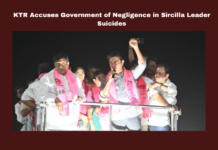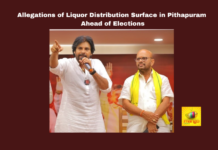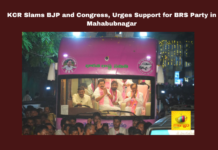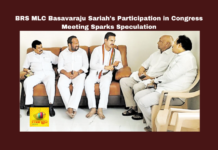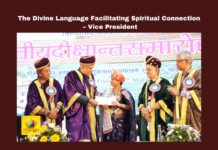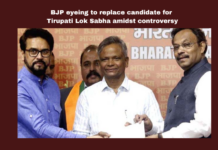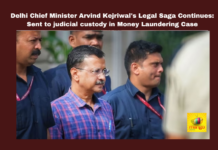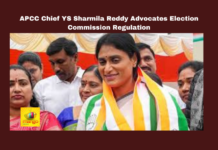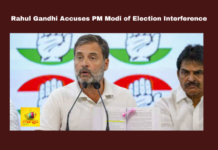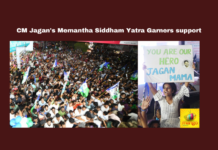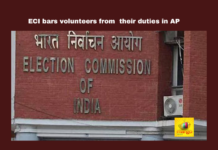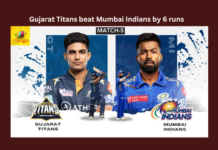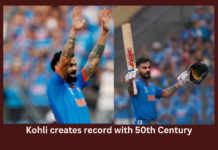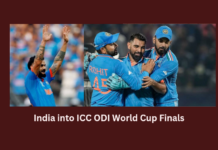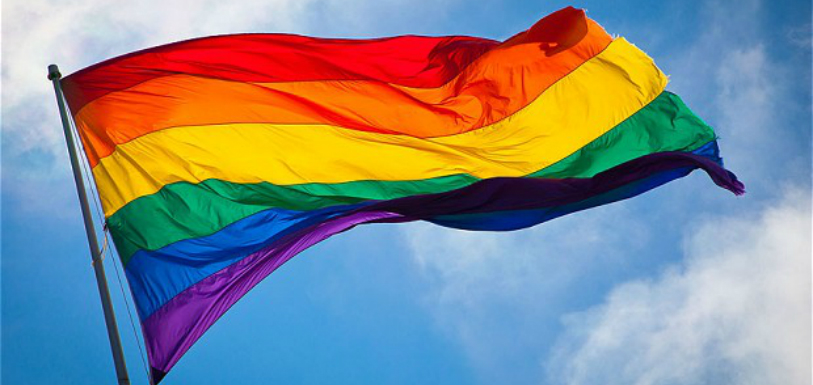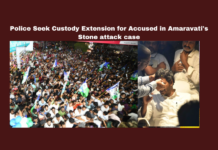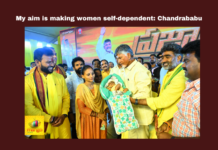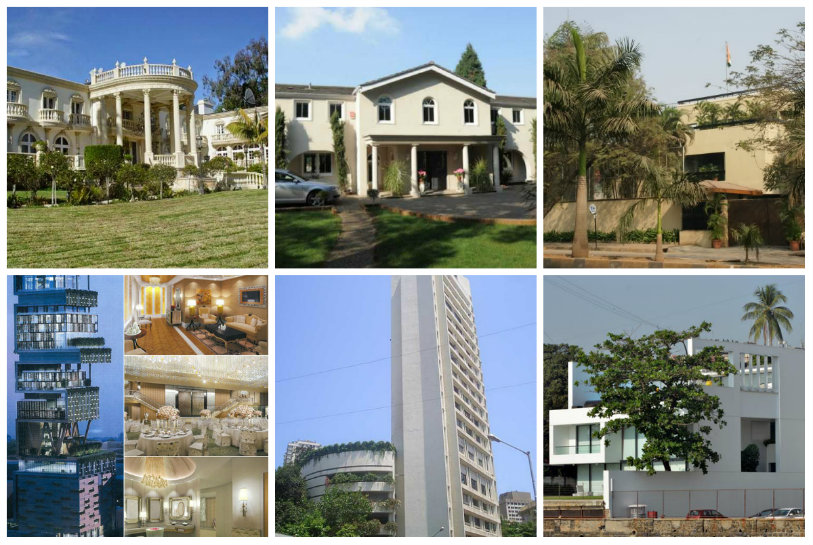A five-judge bench in the Supreme Court will undertake hearing petitions against the criminalization of homosexuality. The age old Section 377 of the Indian Penal Code (IPC) criminalizes homosexual acts on account of being “unnatural” or “against the order of nature.”
The Section 377 of IPC first came into existence during the British era. It was drafted by Lord Macaulay in 1837 and attained sanction in 1860 thereby criminalizing homosexuality as an unnatural act.
Section 377 of the IPC as stated in the Indian Constitution reads as follows:
‘Whoever voluntarily has carnal intercourse against the order of nature with any man, woman or animal shall be punished with imprisonment for life, or with an imprisonment of either description for a term which may extend to 10 years, and shall be liable to fine.’
Although this Act has not implicated anyone for consensual acts of homosexuality. Since the 1930s, there has only been one prosecution of adults having a consensual same sex relationship. However, it often forms a tool for the police to harass and blackmail men-who-have-sex-with-men (MSM) and transgender persons in public places. This law has had a tremendous and fearful impact on Queer people in India.
The first recorded protest against Section 377 dates back to 1992. It was called by the AIDS Bhedbhav Virodhi Andolan (ABVA) and is documented as the first collective protest for gay rights in India.
In 2001, the Naz Foundation India Trust and Lawyers’ Collective filed a petition in the Delhi High Court. This petition did not aspire to repeal Section 377 in its entirety but to omit consensual and private sex between same sex individuals from the purview of punishment.
After a long struggle by LGBTQ++ activists and allies, on July 2 2009, the Delhi High Court (HC) judges, Chief Justice A. P. Shah and Justice Dr. S. Muralidhar delivered a judgment in favor of the petitioners. This was the first time homosexuality was decriminalized in India.
In 2013, however, the Supreme Court (SC) of India overruled the Delhi HC judgment during the Suresh Kumar Koushal judgment. This move re-criminalized homosexuality and declared Section 377 as a part of the Indian Constitution.
According to a news report published in 2013, “The SC reasoned that LGBTQ individuals are a ‘miniscule fraction’ of the population and that Section 377 is not used frequently as there has been less than 200 reported judgments in 150 years of the law’s existence.”
This judgment was a result of the petitions filed by various religious groups and individuals against the decriminalization of homosexuality. The SC judgment held the public morality clause over and above the clause of human rights.
Recently, a new five-judge bench headed by Chief Justice Dipak Mishra has been reconstituted to hear the curative petitions filed by the affected parties for the re-examination of the 2013 verdict. The bench constitutes other judges including Justice Indu Malhotra, Justice A. M. Khanwilkar, Justice R. F. Nariman, and Justice D. Y. Chandrachud.
A plea has been made for an open court hearing followed by fresh writ petitions seeking to decriminalize homosexuality and revert the 2013 SC judgment.
According to India Today, the petition has been filed by 37 individuals including celebrities, IITians and activists. Petitioners include Bharatanatyam dancer Navjet Johar, hotelier Keshav Suri, restaurateurs Ritu Dalmia and Ayesha Kapur, The Naz Foundation and others.
The new petitions are set to challenge the 2013 verdict that proves to be a hindrance to individual choice and sexual orientation.
Also Read: The Supreme Court Will Reconsider IPC Section 377




